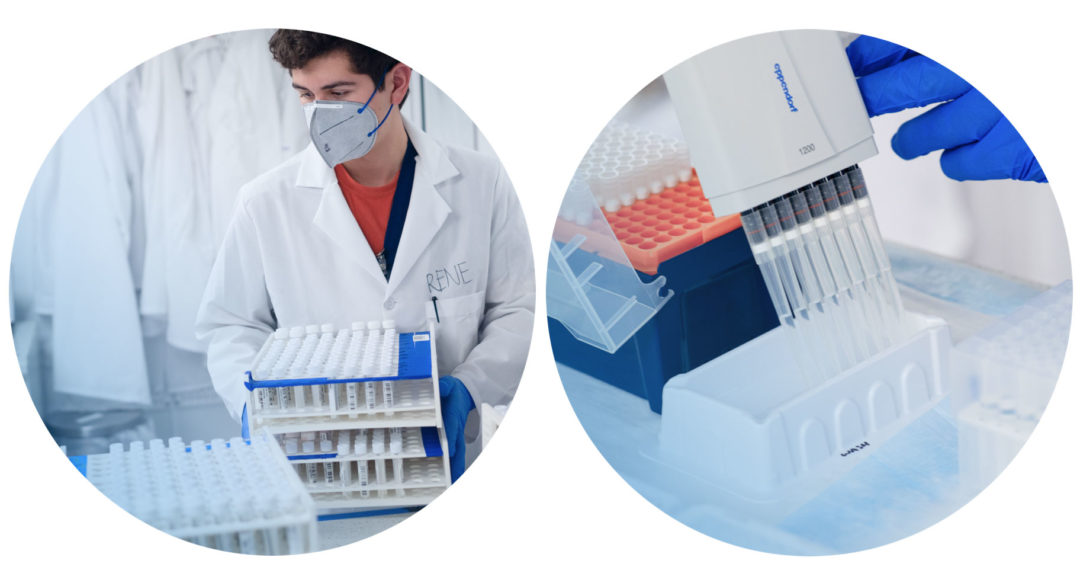Logistics tech firms help speed up Covid testing
Software developers team up with testing company to make the shipping and tracking of test samples as easy as, well, spitting.

A California company says it has developed a pain-free, rapid-response Covid-19 testing kit that avoids the health risks and reporting delays that come with current testing procedures, and it’s relying on two logistics technology specialists to make it happen. The company, Curative Inc., works mainly with large government institutions and agencies, providing them with self-administered saliva-based tests that do not require close contact by health-care workers and, importantly, can be turned around quickly—with results available in about 24 hours after the tests’ receipt at the lab.
To help make this rapid reporting possible, Curative collaborated with ShipStation, a web-based e-commerce shipping solution, and ShipEngine, a shipping application programming interface (API) developer—both based in Austin, Texas—to facilitate the shipping of outbound and inbound tests, plus the tracking of tests in transit.
Under the process they devised, the Curative team prints shipping labels from ShipStation when sending boxes of bulk tests to its customers for distribution. After tests are conducted, customers access a portal to facilitate shipping to one of two processing facilities—one in Los Angeles and one near Washington, D.C.
Inside the portal, users place “orders” to indicate how many tests they have for processing. A ShipEngine integration allows users to quickly print labels for shipping to the facilities, and ShipEngine’s tracking API allows the facilities to monitor how many tests are in transit and when they will arrive. In the coming months, Curative will add a NetSuite integration that analyzes capacity at the two testing facilities and routes the incoming tests to the facility that can process them the fastest.
“The spread of Covid-19 has made an impact on the way we live and work here in the United States and around the world,” James Gagliardi, ShipEngine’s general manager, said in a release. “It’s a privilege for the ShipStation and ShipEngine teams to support a company like Curative that is seeking to lessen that impact on health-care workers, supply chains, and day-to-day life.”
Related Articles
Copyright ©2024. All Rights ReservedDesign, CMS, Hosting & Web Development :: ePublishing